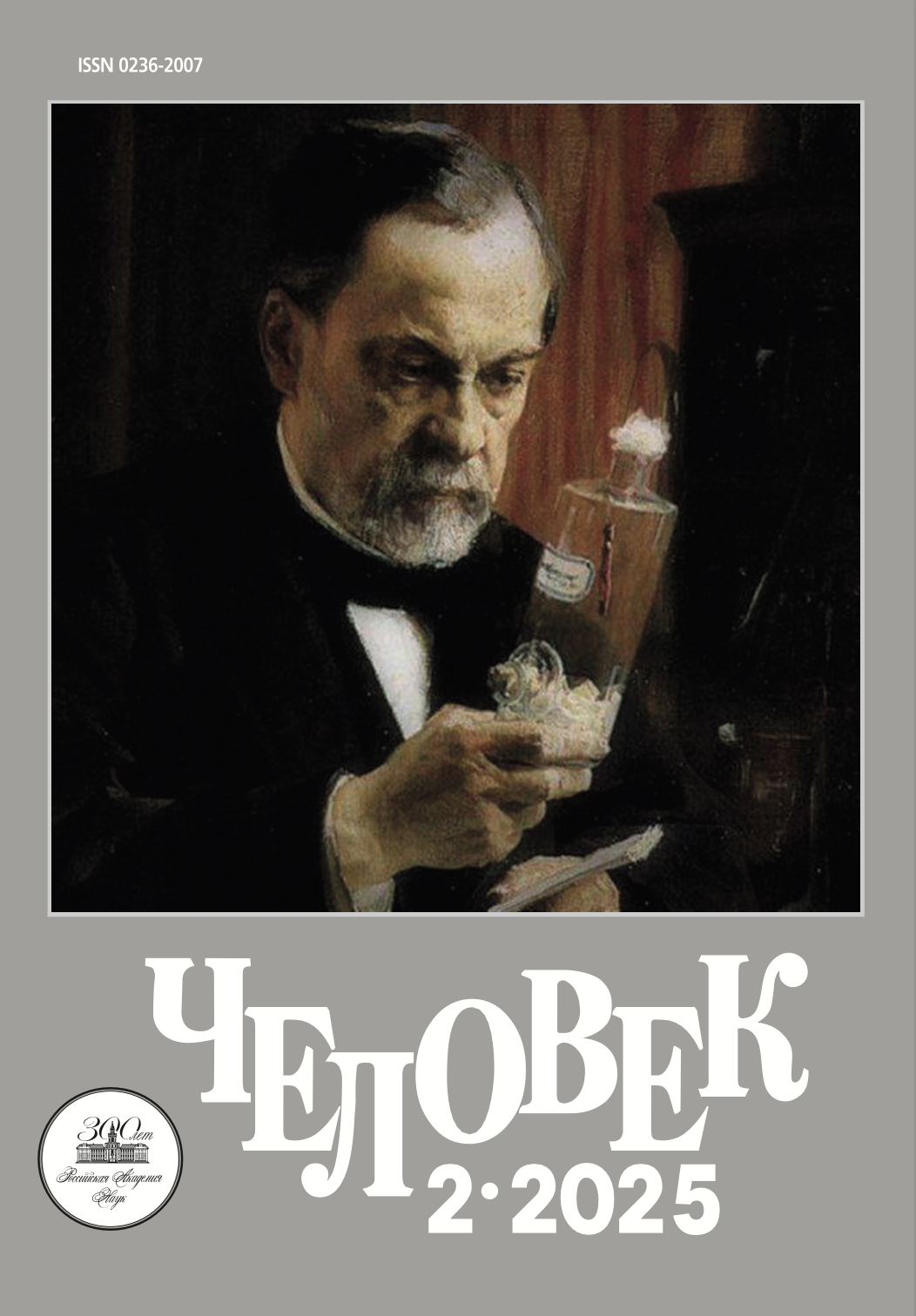The Economics of Transplantation: A Comparative Analysis of the “Markets” of Organs in Different Countries
DOI:
https://doi.org/10.31857/S0236200725020032Keywords:
transplantation, organ shortage, Asian and Western transplant economies, organ donation, paired kidney donationAbstract
From the first successful kidney transplant to the present day, the shortage of donor organs has been one of the key factors influencing the transplantation`s development. The set of methods and ways in which states and their citizens cope with organ shortages can be referred to as the transplant economy, meaning that an economy is a system focused on maximizing the satisfaction of needs with resources limited. The present study aims to identify the various manifestations of transplant economies, as well as their characteristics and possible differences in Western, Asian and other transplant systems. The necessary data was collected, based on which the current status of transplantation economic models of different countries was analyzed. On the foundation of the results obtained, proposals to reduce the shortage of organs for transplantation and qualitatively improve transplantation economies in the future have been put forward. Overall, it can be said that this study provides a better understanding of how countries around the world deal with widespread organ shortages. The results of the study can be used, among other things, to reform health care policy and create a system that would better serve the interests of donors, recipients and society as a whole.






